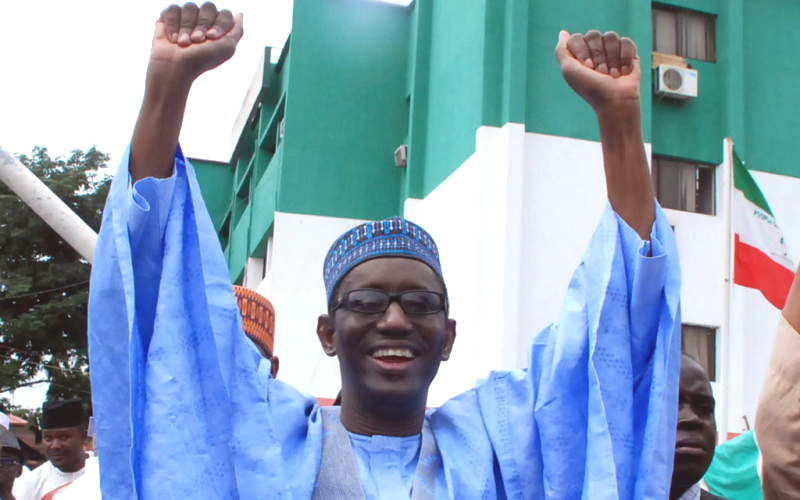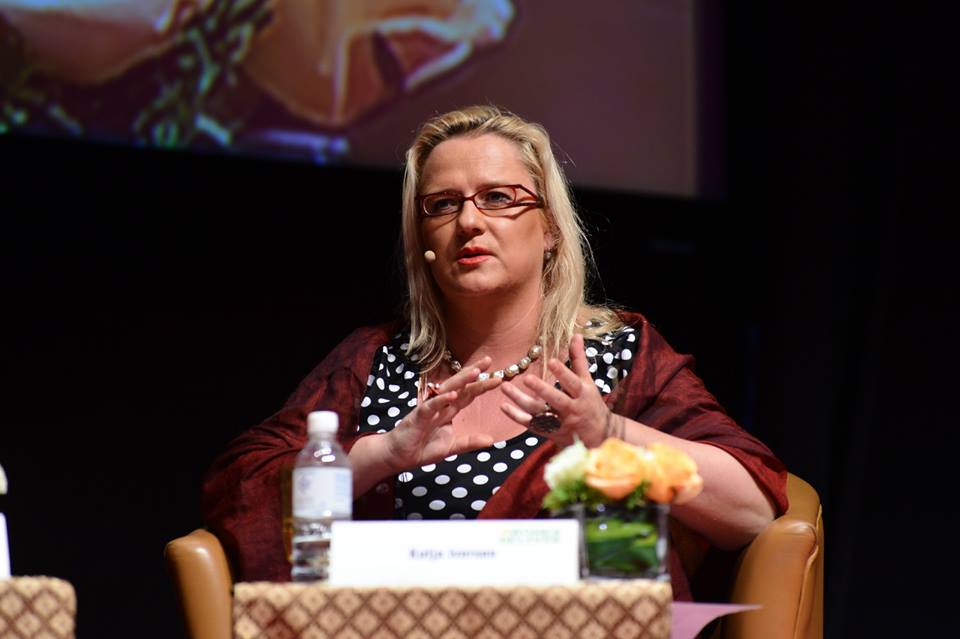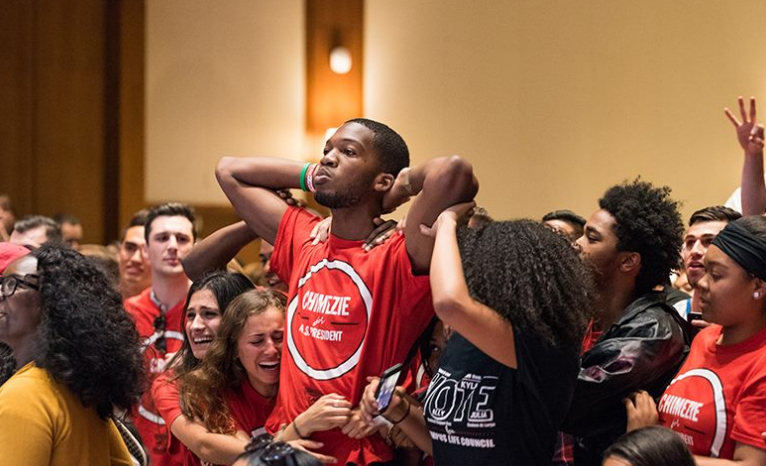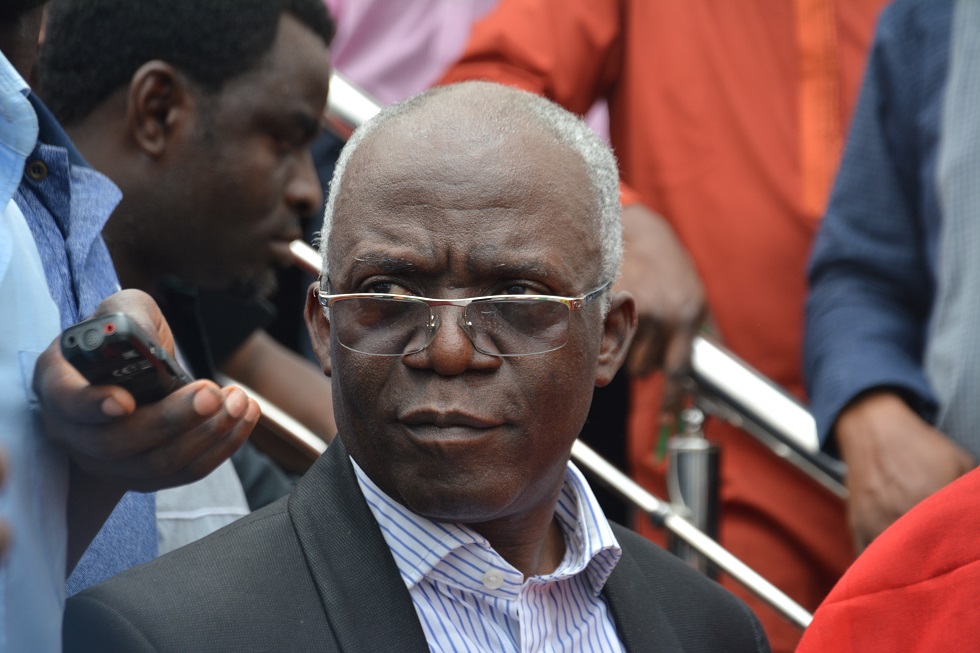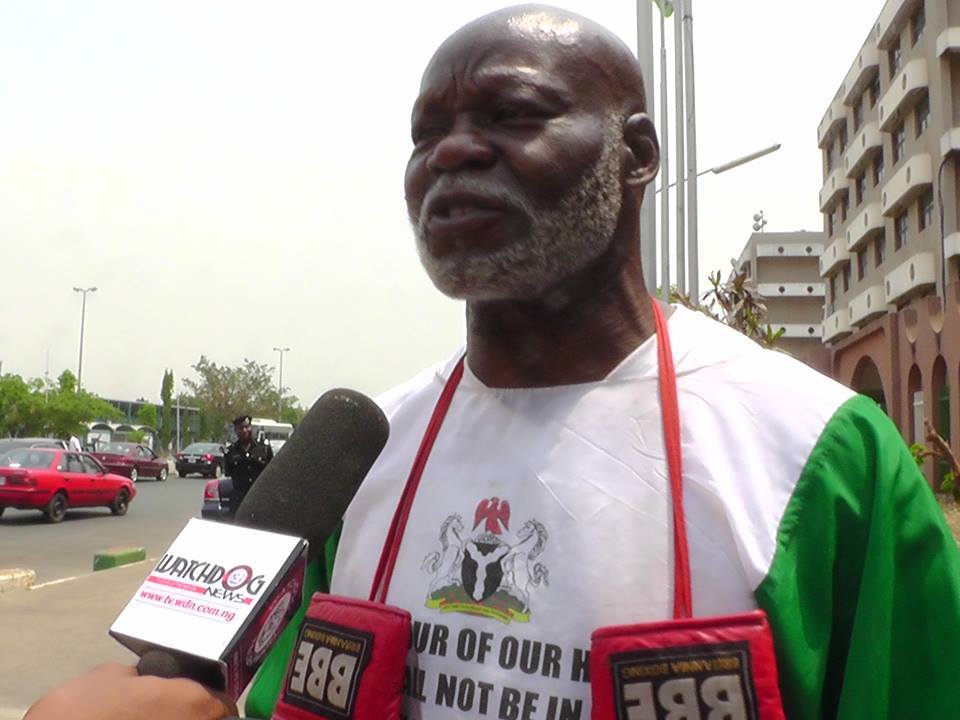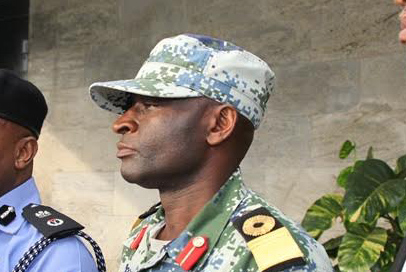An FCT high court, Jabi, has struck out an application seeking an order to compel the attorney-general of the federation (AGF) to investigate former Economic and Financial Crime Commission (EFCC) chairmen for alleged corruption.
Abba-Bello Muhammad, the judge, struck out the application after listening to the submission of Frank Tietie, the applicants’ counsel.
Plaintiffs in the matter with suit number M/4853/17 were George Uboh and George Uboh Whistleblower Network.
Muhammad struck out the suit on the ground that the applicants lacked the locus standi to compel the attorney-general to investigate past chairmen of the commission.
Advertisement
According to the judge, the applicants have no power under the provisions of the law to decide for the AGF who to prosecute.
“I have examined the application of the applicants seeking an order of the court to commence an action of mandamus on the respondents,” he said.
“Applicant must have a locus standi before such an application can be granted.”
Advertisement
According to Muhammad, a private legal practitioner has no locus standi to compel the AGF to prosecute a person.
The judge added that section 383 of the Administration of Criminal Justice Act (ACJA) was specific on when a private legal practitioner could compel the AGF to investigate an individual
The applicants had prayed the court, to exercise its powers under section 174 of the 1999 constitution and order the AGF to investigate and prosecute former and present EFCC chairmen.
Those listed for investigation were Nuhu Ribadu, Farida Waziri, Ibrahim Lamorde, Ibrahim Magu and Access Bank Plc.
Advertisement
They averred that the EFCC chairmen were fraudulent, and refused to account for recovered money in accordance with section 15, 16, and 17 of the EFCC Act.
The plaintiffs said that the respondent owed them a duty to prosecute the EFCC chairmen.
They said that available evidence showed that Ribadu, Waziri, Lamorde, Magu and Access Bank had committed; “serious acts of fraud and corruption.’’
Advertisement
Add a comment
